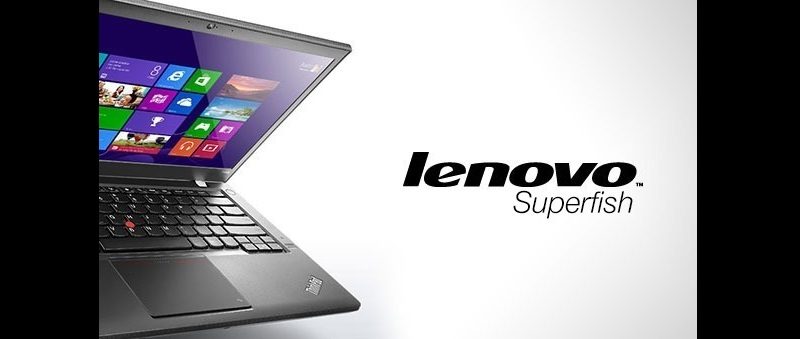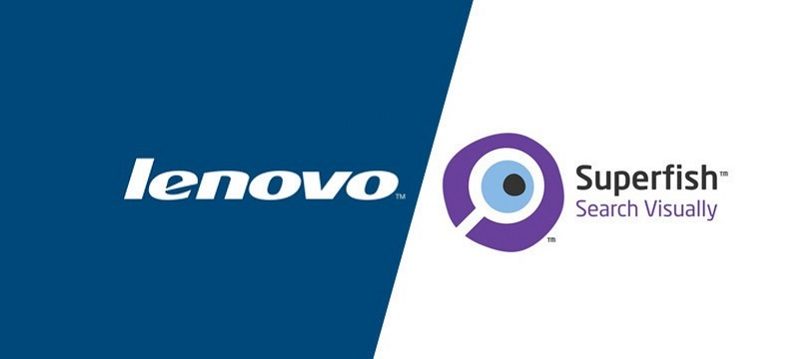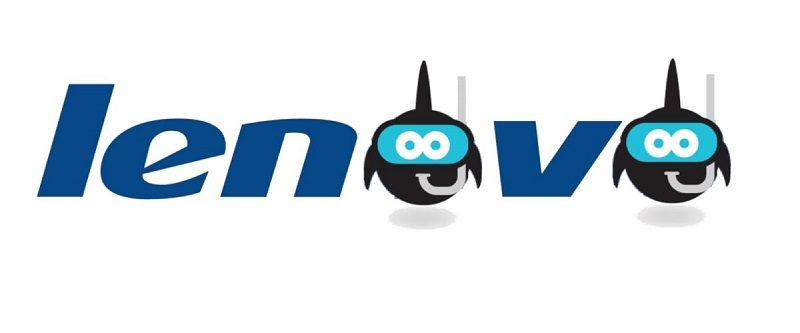Lenovo Settles Over the Built-In Spyware Scandal
Mike Sanders / 7 years ago

Lenovo Finally Say Sorry for Pre-installed Spyware
If you buy a laptop or PC from a high street seller, you should expect some bloatware. What is bloatware? Bloatware is basically programs that achieve very little already installed on the system. It might be a desktop diagnostic tool, a supposed antivirus, or some obscure audio program you’ll never use. You do tend to expect these. It is sales after all. However, what you would not expect is to get a product with spyware pre-installed. Well, that is exactly what Lenovo did, providing laptops, direct to the market, with the notorious Superfish spyware pre-installed.
What was the Superfish spyware?
Well, strictly speaking, there is a debate as to whether it was really spyware. It certainly opened the doors to spyware, but removing the drama from the story, it was basically adware. Between 2014 – 2015 Lenovo provided, as part of their pre-installed bundle the Spyfish Adware.

The adware was one of those devious programs that intended to try to confuse the user. You see it these days in software installations where you either need to opt out of an additional installation (sneakily hidden immediately where you agree to the terms and conditions) or by pressing the X to close, you agree to install.
Simply put, tricky stuff that a company like Lenovo should have known better than to involves themselves with.
The worst thing is that this wasn’t even the first instance of Lenovo taking it’s security so lax. You can read about another here.
In an announcement today via NextPowerUp, Lenovo has agreed to settle the legal action for a figure of $3.5m and in addition, will face 20 years of auditing and must disclose all software pre-installed or included in their future systems.
The FTC chairman, Maureen Ohlhausen has said in light of the settlement that: “This case sends a very important message that everybody in the chain needs to pay attention. If you are going to pre install this kind of software, you need to pay attention to what you’re collecting and what you’re telling consumers.”
What do you think? Is the fine severe enough? Should Lenovo be penalized more? Let us know in the comments!




















